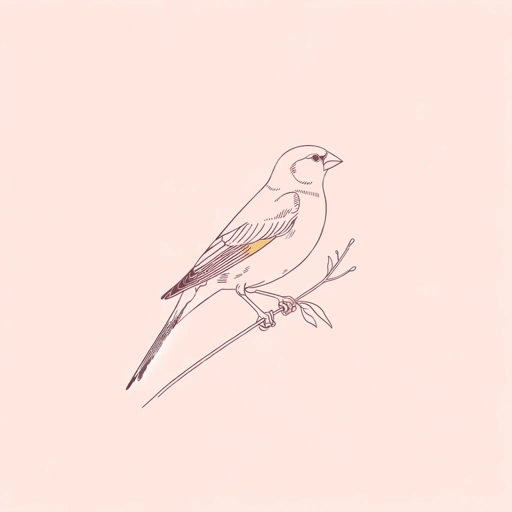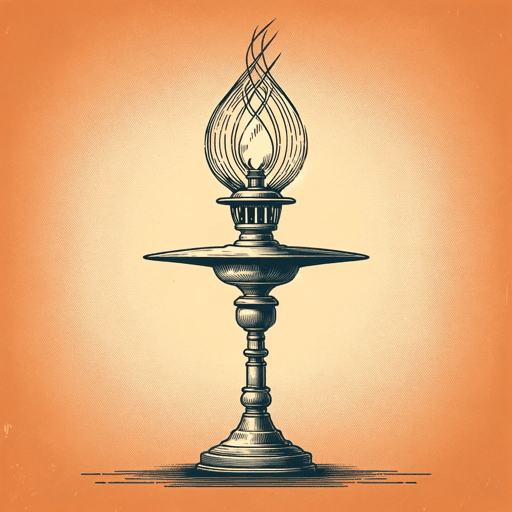36 pages • 1 hour read
August StrindbergMiss Julie
Fiction | Play | Adult | Published in 1888A modern alternative to SparkNotes and CliffsNotes, SuperSummary offers high-quality Study Guides with detailed chapter summaries and analysis of major themes, characters, and more.
PrefaceChapter Summaries & Analyses
Preface Summary
Content Warning: The source text and this section of the guide include themes of power imbalance and class struggle, depictions of sexual dynamics that might be considered outdated or offensive by modern standards, and discussion of death by suicide.
Strindberg defines the theater as an educational medium, useful for conveying contemporary ideas in a digestible way to “the young, the half-educated, and women” (63) especially. He observes, however, that the theater is dying in his own day because the old theatrical form has not been modernized to accommodate the new ideas being explored by playwrights. Strindberg explains that his own goal in Miss Julie has therefore been to modernize the theatrical form “in accordance with demands I think contemporary audiences make upon this art” (64).
Strindberg defends his choice to explore the theme of social climbing, which he regards as a meaningful theme with tragic implications that has the advantage of not being bogged down by partisan politics. He acknowledges that the play might depress some people (recalling that his earlier play The Father was criticized by some for being too sad), but points out that one should not expect a tragedy to be cheerful. At the same time, Strindberg argues that one can find the “joy of life” (65) even in a sad play, since such plays, by delving into the struggles that all people face in their lives, can teach something valuable.
Related Titles
By August Strindberg
Featured Collections
Books that Feature the Theme of...
View Collection
Challenging Authority
View Collection
Class
View Collection
Class
View Collection
Dramatic Plays
View Collection
Naturalism
View Collection
Power
View Collection
Pride Month Reads
View Collection
School Book List Titles
View Collection




